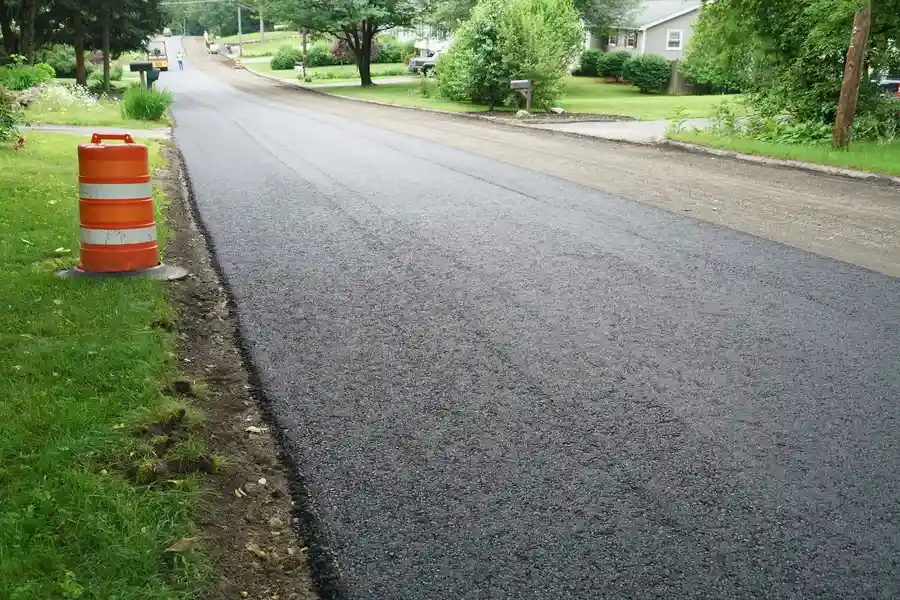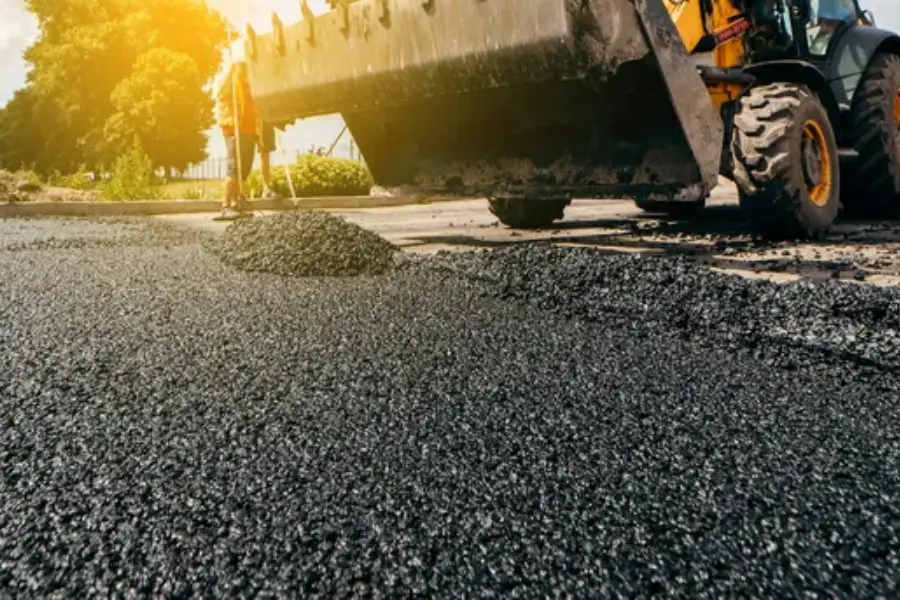The Role of Climate in Road Durability
Asphalt paving is crucial for road construction and maintenance, providing a smooth surface for vehicles. However, weather conditions can dramatically impact the performance and longevity of these paved roads. Understanding how different weather patterns affect asphalt surfaces is essential for constructing durable and reliable roads. This article explores the various ways weather influences asphalt and offers insights into maintaining optimal road conditions year-round.

Impact of Temperature on Asphalt Surfaces
Temperature plays a significant role in determining the quality and durability of asphalt paving. During hot weather, asphalt can soften, leading to rutting or grooves formed by wheel pressure. On the other hand, cold temperatures can cause the asphalt to contract, resulting in cracks. It is crucial to choose the right mix design that can withstand temperature variations to enhance the lifespan of the pavement.
Effects of Rain on Pavement Integrity
Rainwater can severely affect asphalt paving by seeping into cracks and expanding them over time. This process weakens the pavement structure, potentially leading to potholes. Effective drainage systems are necessary to mitigate water damage and preserve the integrity of paved surfaces. Regular maintenance checks can also help identify early signs of water-induced damage.
Snow and Ice: Challenges for Road Maintenance
In regions with heavy snowfall, snow and ice pose additional challenges for asphalt surfaces. The freeze-thaw cycle can cause significant stress on the pavement, exacerbating existing cracks. Using de-icing chemicals helps keep roads safe but can also degrade the asphalt. It’s vital to balance safety measures with long-term maintenance strategies to ensure road quality.
Wind Influence on Pavement Durability
Strong winds might not directly damage asphalt paving but can contribute to erosion around the edges of roads. This erosion further exposes the base layers to environmental elements, leading to accelerated wear and tear. Implementing barriers or windbreaks can be an effective strategy in windy areas to protect road infrastructure.
Humidity’s Effect on Asphalt Quality
High humidity levels can compromise the curing process of freshly laid asphalt, affecting its overall strength and stability. Ensuring proper moisture control during installation is critical for achieving optimal compaction and preventing premature deterioration. Construction planning should consider local humidity conditions to optimize paving outcomes.
Best Practices for Maintaining Asphalt Roads
- Conduct regular inspections to identify potential issues early
- Use high-quality materials tailored for specific weather conditions
- Install efficient drainage systems to manage rainwater
- Apply sealants periodically to extend pavement life
- Ensure timely repairs to prevent minor damages from escalating
Choosing Quality Materials for Resilient Roads
The choice of materials significantly affects the resilience of paved roads under varying weather conditions. Selecting quality aggregates and binders ensures that pavements perform well even under extreme climates. Investing in superior materials upfront can lead to considerable savings by reducing repair costs over time.

Your Reliable Partner for Durable Paving Solutions
If you need expert advice on ensuring your roads withstand diverse weather conditions, contact our team at (631) 609-0519. Reliable Blacktop & Paving Inc has been serving clients across Brentwood, NY, providing top-tier solutions tailored to meet specific needs. Our experienced professionals are ready to assist you with state-of-the-art paving techniques designed to combat environmental impacts effectively.
